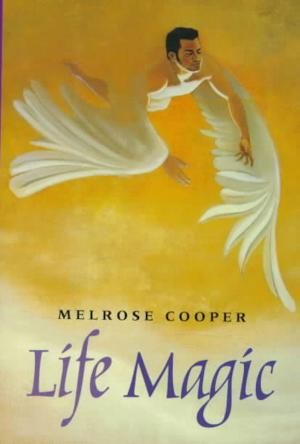| Author: | Clive Ponting | ISBN: | 9781466876439 |
| Publisher: | Henry Holt and Co. | Publication: | July 29, 2014 |
| Imprint: | Henry Holt and Co. | Language: | English |
| Author: | Clive Ponting |
| ISBN: | 9781466876439 |
| Publisher: | Henry Holt and Co. |
| Publication: | July 29, 2014 |
| Imprint: | Henry Holt and Co. |
| Language: | English |
For much of the world, the twentieth century can be seen as a big-budget disaster film--the stifling darkness of oppression, the green of the ruling classes. For the world's elite, the near-universal adoption of capitalism today reveals modern history as a narrative of unbroken progress.
Eschewing conventional chronological accounts, The Twentieth Century is organized around the major themes of the last hundred years. To help us understand our recent past and probable future, Clive Ponting offers a "world systems" theory. His analysis holds that a few core states have dominated much of the rest of the world, which provides raw materials and cheap labor and remains tied to the core as virtual colonial territory. Between these extremes are Latin America, the Middle East, and eastern Asia, which have a limited shot at self-determination. Economic, social, and political differences between the core and periphery continue to grow. Atlantic predominance, which molded world history for four hundred years, has been challenged by the countries of the Pacific.
The book's central theme revolves around the struggle between progress and barbarism; the hope for our future is that "our conscience will catch up with our reason." Everywhere in the world people now live longer than their predecessors. A majority has become literate, and most have benefited from recent technological progress. Nevertheless, democracy is unavailable to the preponderance of people, and in the century's final years the chasm between rich and poor continues to expand. On the eve of the millennium this vivid history is a must-read.
For much of the world, the twentieth century can be seen as a big-budget disaster film--the stifling darkness of oppression, the green of the ruling classes. For the world's elite, the near-universal adoption of capitalism today reveals modern history as a narrative of unbroken progress.
Eschewing conventional chronological accounts, The Twentieth Century is organized around the major themes of the last hundred years. To help us understand our recent past and probable future, Clive Ponting offers a "world systems" theory. His analysis holds that a few core states have dominated much of the rest of the world, which provides raw materials and cheap labor and remains tied to the core as virtual colonial territory. Between these extremes are Latin America, the Middle East, and eastern Asia, which have a limited shot at self-determination. Economic, social, and political differences between the core and periphery continue to grow. Atlantic predominance, which molded world history for four hundred years, has been challenged by the countries of the Pacific.
The book's central theme revolves around the struggle between progress and barbarism; the hope for our future is that "our conscience will catch up with our reason." Everywhere in the world people now live longer than their predecessors. A majority has become literate, and most have benefited from recent technological progress. Nevertheless, democracy is unavailable to the preponderance of people, and in the century's final years the chasm between rich and poor continues to expand. On the eve of the millennium this vivid history is a must-read.















